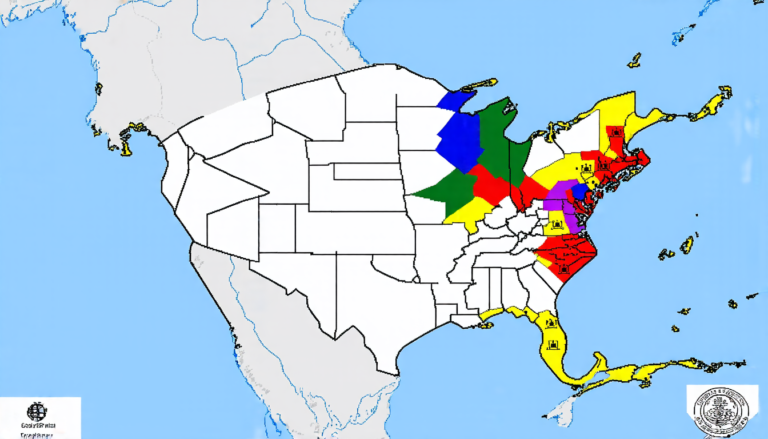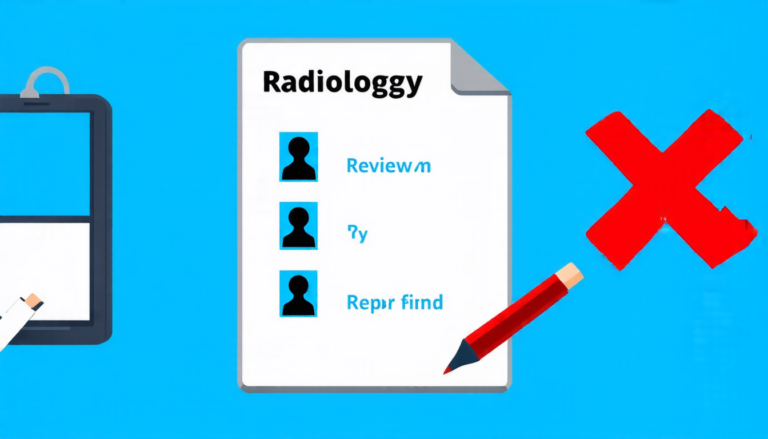Wednesday 09 April 2025
The quest for efficient link prediction in bipartite networks has long been a challenge for researchers and developers. These networks, which consist of two disjoint sets of entities connected by edges, are ubiquitous in real-world applications such as social media, recommender systems, and biological networks. However, the complexity of these networks makes it difficult to accurately predict missing links or identify potential relationships between entities.
A new approach has been proposed that leverages formal concept analysis (FCA) and transformer encoders to tackle this problem. FCA is a mathematical framework used to extract relevant patterns and structures from data, while transformer encoders are a type of neural network architecture designed for natural language processing tasks.
The authors of the paper begin by extracting significant concepts from the bipartite network using FCA. These concepts are then represented as vectors using a technique called iceberg concept lattice. The resulting vectors are used to train a transformer encoder-based model that learns to predict missing links between entities in the network.
One of the key innovations of this approach is its ability to handle large-scale datasets efficiently. The authors demonstrate this by applying their method to five real-world bipartite networks, including a dataset of movie ratings and a dataset of protein-protein interactions.
The results are impressive, with the proposed approach outperforming existing methods in terms of accuracy and efficiency. For example, on a dataset of movie ratings, the approach achieves an F1 score of 0.85, compared to 0.75 for a state-of-the-art baseline method.
So how does it work? In a nutshell, the authors’ approach involves several key steps. First, they extract significant concepts from the bipartite network using FCA. These concepts are then represented as vectors using an iceberg concept lattice technique. The resulting vectors are used to train a transformer encoder-based model that learns to predict missing links between entities in the network.
The model is trained on a dataset of labeled examples, where each example consists of a pair of entities and a label indicating whether they are linked or not. During training, the model learns to generate vector representations for each entity that capture its relationship with other entities in the network.
Once trained, the model can be used to make predictions about missing links in the network. For example, if two entities are not directly connected by an edge, but have similar vector representations, the model may predict a link between them.
Cite this article: “Unveiling the Power of Formal Concept Analysis in Link Prediction: A Novel Approach to Bipartite Network Modeling”, The Science Archive, 2025.
Formal Concept Analysis, Transformer Encoders, Bipartite Networks, Link Prediction, Recommender Systems, Natural Language Processing, Iceberg Concept Lattice, Neural Network Architecture, Protein-Protein Interactions, Movie Ratings







